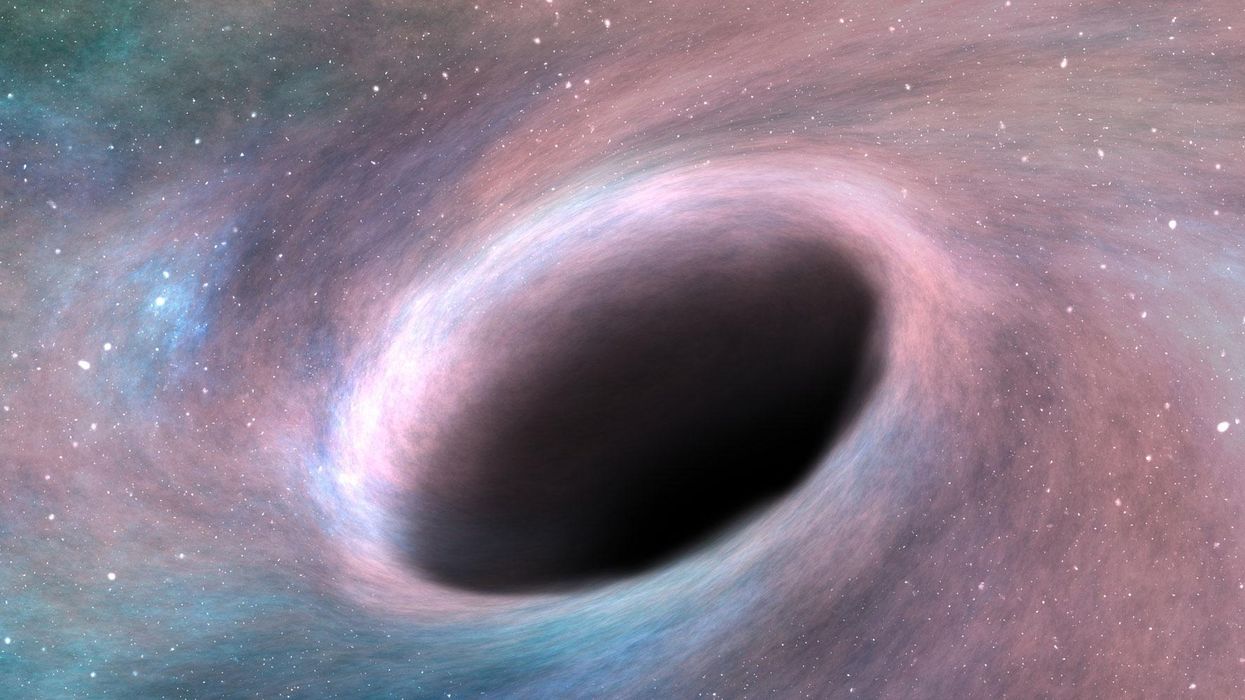News
Narjas Zatat
Mar 04, 2018

Picture:
iStock
According to most astrophysicists, once you enter a black hole, that’s it for you: gravity will drag you to the singularity - a one-dimensional infinitely small space containing a huge mass - at the speed of light. Then, the black hole will ‘spaghettify you”. Nice.
However, a new study from Berkley University theorises not only that humans could survive going into a black hole, but that their past could be erased, giving way to “infinite futures”.
Physicist Peter Hintz argues that if a human traveller entered a “relatively benign” black hole, they might be able to shed the natural laws of physics - and survive.
How?
According to the laws of physic, the mass of a collapsed star is pressed into an infinitely small point: a singularity.
In an effort to make sense of the clash between the rules of the universe and the lawlessness of black holes, physicists have created a theoretical term, called cosmic censorship.
The theory suggests the existence of a barrier - dubbed the Cauchy horizon - inside black holes, after which all rules of the universe are cancelled.
This barrier would be deeper than the event horizon, the boundary around a black hole from which no light or radiation can escape.
Beyond this, time and space exist as an infinite instant.
Hintz and his researchers study hypothetical charged objects called Reissner-Nordström-de Sitter black holes, and apply the theory of cosmic censorship to it.
He argues that these horizons and the singularity can coexist.
As our universe expands, a black hole has in internal push that resists gravity's pull slightly.
The existence of these two effects simultaneously could create a zone past the event horizon where objects would be, according to Beyondrealitynews “disconnected from their past and have no particular future”.
This means, if you survive, you could have your past wiped and live through an infinite number of futures.
What that would look like, of course, is something we cannot fathom.
Yet.
More: Stephen Hawking has perfect advice for people with depression
More: Mysterious radio signals coming from space just became more intense
Top 100
The Conversation (0)













